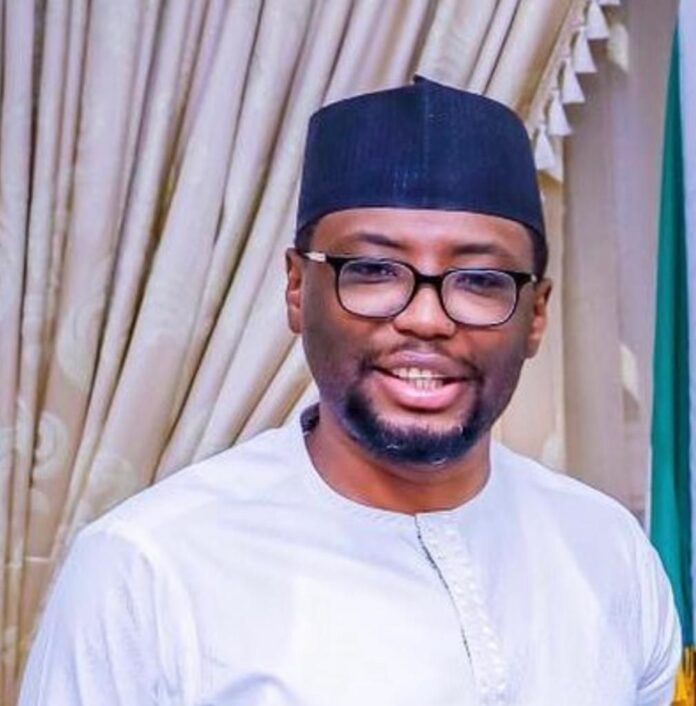The Resilient Voice: President Bazoum and the Power of Social Media
By Saleh Shehu Ashaka
In a world marked by rapid information dissemination and technological advancements, social media platforms have become an essential tool for communication. They offer a platform for individuals and leaders alike to express their thoughts, share news, and connect with others. Recently, the President of Niger, Mohamed Bazoum, showcased the power of this platform even in the face of adversity. Despite being toppled in a coup, his ability to tweet raises intriguing questions about who is pressing the keys and underscores the evolving role of social media in shaping political discourse.
As news broke of President Bazoum’s forced removal from power, the world expected a period of silence from the leader. However, his ability to send out tweets shattered these expectations. The question then arises: Who is behind these messages? Could it be President Bazoum himself, defying the odds? Or is it a trusted aide or supporter, amplifying his voice from within? Whatever the answer may be, one thing is clear – the resilience shown in maintaining an online presence speaks volumes about the determination and willpower of President Bazoum and his supporters.
Read Also:
President Bazoum’s ability to tweet after being toppled in a coup highlights the transformative power of social media. With just a few characters, a message can reach millions, breaking through boundaries and circumventing traditional media channels. In a time of crisis, when information might be scarce or censored, social media can provide a lifeline for leaders to communicate with their constituencies and the international community. It allows them to bypass traditional communication barriers and assert their presence in the public sphere.
President Bazoum’s tweets are not merely messages; they represent a profound symbol of resistance against oppressive forces. By continuing to share his thoughts and opinions openly, he asserts his legitimacy and challenges the narrative of those who seek to silence him. In a world captivated by social media, where opinions can be amplified instantaneously, President Bazoum’s tweets serve as a reminder that even in the face of adversity, the voice of resistance can find ways to be heard.
President Mohamed Bazoum’s ability to tweet after being toppled in a coup raises intriguing questions about the role of social media in political communication. While the question of who is pressing the keys remains unanswered, the resilience demonstrated through this act sends a powerful message of determination and resistance. As we navigate the complex intersection between technology and politics, the example set by President Bazoum reminds us that even in the most challenging situations, a voice can still find a way to reach the world.
















